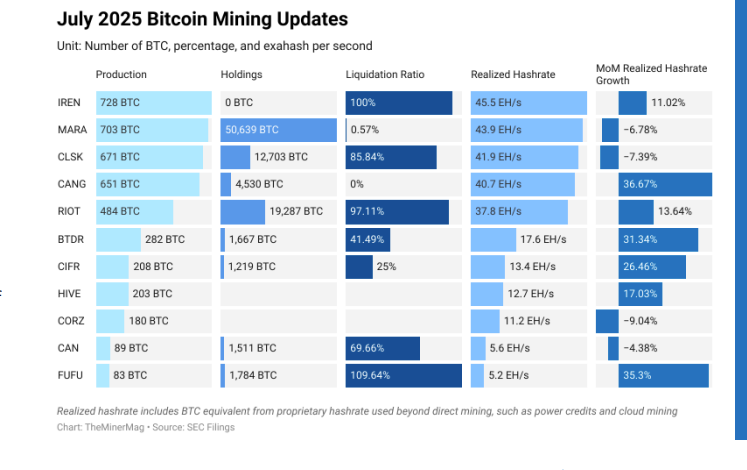
Tariff Troubles: US-China Trade War Hits Bitcoin Miners Hard
The US-led trade war continues to send ripples through the Bitcoin mining landscape, with potentially devastating consequences for American companies. Recent reports highlight a surge in tariffs levied on imported mining rigs, primarily those originating from China and other Asian countries, significantly increasing operational costs and exposing mining firms to substantial financial liabilities.
Soaring Costs: Tariffs and Their Impact
The current tariff structure, heavily influenced by ongoing US-China trade tensions, imposes a hefty 57.6% duty on mining machines sourced from China. Machines from Indonesia, Malaysia, and Thailand are also affected, facing a 21.6% tariff. This has put immense pressure on the profit margins of US-based Bitcoin mining companies, forcing them to navigate a complex and costly import environment.
Liabilities Mounting: CleanSpark and IREN in the Crosshairs
The financial implications of these tariffs are becoming increasingly clear. Two prominent US mining companies, CleanSpark and IREN, are facing massive potential liabilities related to alleged tariff violations. CleanSpark estimates its exposure to be as high as $185 million, while IREN is already contesting a $100 million dispute with US Customs and Border Protection (CBP). These figures underscore the severity of the situation and the significant risks involved in the current trade climate.
Beyond Tariffs: Additional Industry Challenges
The challenges for Bitcoin miners extend beyond tariffs. The price of Bitcoin itself and transaction fees have experienced fluctuations, further squeezing profitability. The hash price, a key metric for measuring mining profitability, remains under pressure, with transaction fees contributing less to overall block rewards.
Strategic Responses and Adaptations
Faced with these challenges, mining companies are exploring various strategies to mitigate the impact of tariffs. Diversifying supply chains and becoming more sophisticated importers are becoming essential. Furthermore, hardware manufacturers are also adapting. Chinese companies like Bitmain, Canaan, and MicroBT are establishing facilities within the United States to circumvent escalating tariffs.
Canaan’s approach is particularly noteworthy, as the company has shifted its headquarters to Singapore and announced significant investments in the US to bypass trade barriers. These moves highlight the industry’s resilience and its ability to adapt to evolving regulatory and economic landscapes.
Looking Ahead: The Future of US Bitcoin Mining
The long-term impact of these tariffs on the US Bitcoin mining industry remains uncertain. The ultimate consequences will depend on the direction of US tariff policies and the ability of mining companies to adapt and innovate. This situation underscores the interconnectedness of global markets and the impact of geopolitical events on the nascent cryptocurrency ecosystem.



